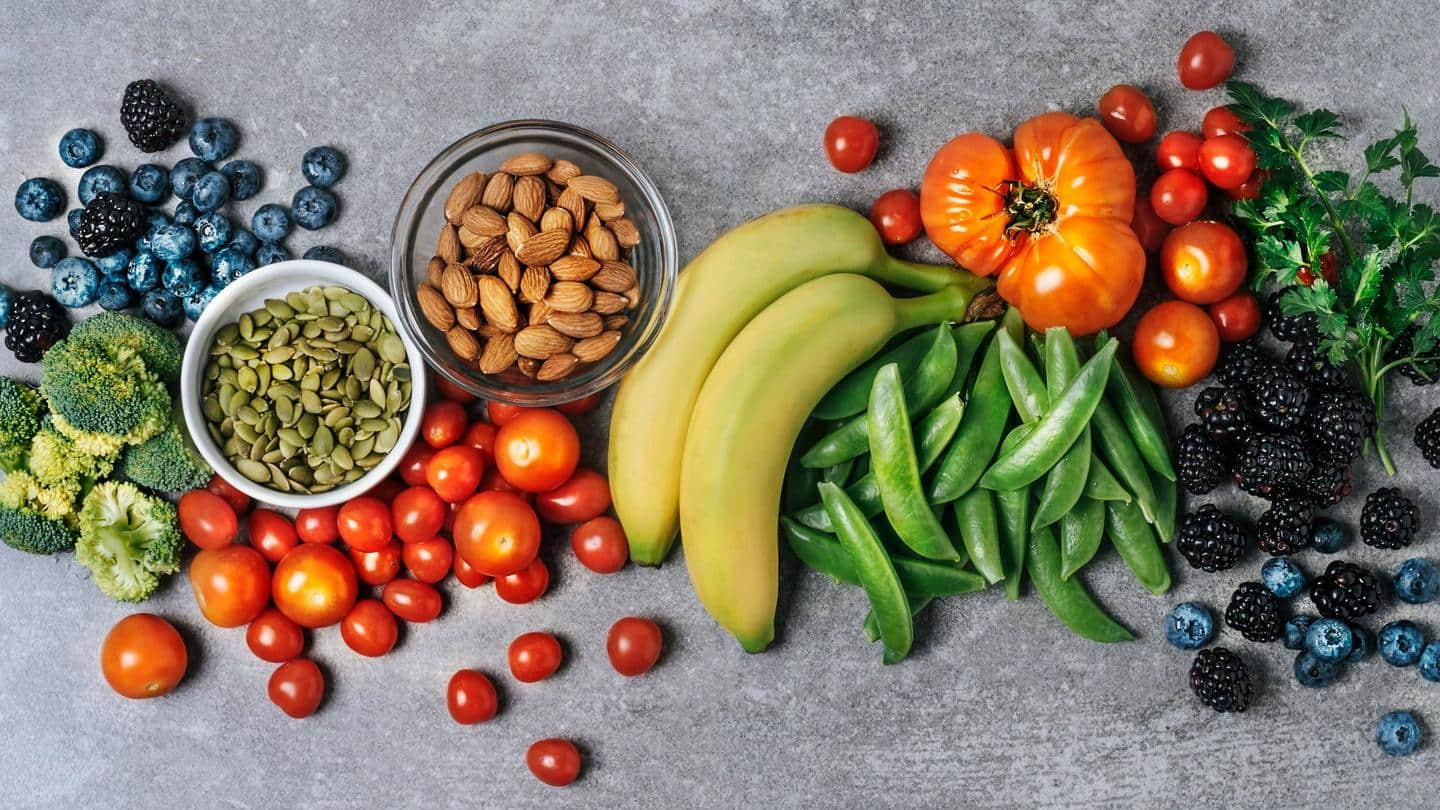
DASH Diet: Objectives and benefits of this healthy diet
What's the story
When the word "diet" comes to mind, it's usually related to weight loss. While most diets do cater to that particular issue, the DASH diet focuses on controlling high blood pressure. The DASH diet, or Dietary Approaches to Stop Hypertension diet, promotes healthy eating, and is recommended by many well-known health institutes. Read ahead to find out how this diet can improve your health.
Aspects
Thrives on a lot of plant-based foods, isn't strictly vegetarian
The DASH diet alters the sodium percentage in your diet by including foods from various nutrient-rich food groups. This means less sodium (salt's key ingredient) and more intake of other nutrients like magnesium, calcium, and potassium. DASH thrives on a lot of plant-based foods but isn't strictly vegetarian. Also, portion size and a proper balance of nutrients are other key aspects of this diet.
Benefits
Now, let's look at the benefits associated with DASH
As mentioned before, DASH targets high blood pressure. In fact, studies have shown that this diet regulates blood pressure in both healthy people and those with high blood pressure. If your high blood pressure causes excessive weight, this diet can help you with that, too. Additionally, this diet can potentially reduce the risk of heart diseases, diabetes, some types of cancers, and more.
Food
What food items can be included in this diet?
With the goal of decreasing sodium consumption, DASH encourages the intake of the following food groups: A) 6-8 servings of grains per day; these include wholegrain versions of bread, cereal, rice, and pasta. B) 4-5 servings of fruits and vegetables every day. C) 2-3 daily servings of dairy are also important. You can also include a weekly intake of nuts, seeds, meat, and sweets.
Tips
You can start this routine by following these tips
Ensure that there is plenty of color on your plate to get a variety of nutrients. Prepare fruit-based desserts. Have at least two side dishes of vegetables. The core food items in this diet are low on sodium. But if your doctor suggests more sodium restrictions, replace your salt with sodium-free spices or flavorings. Also, don't add salt to rice, pasta, or hot cereal.